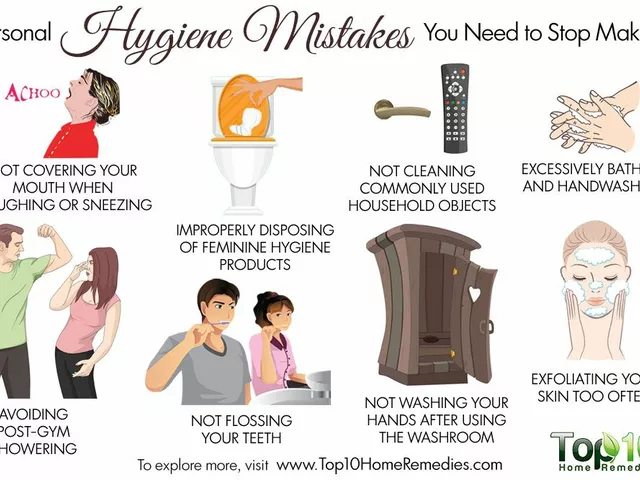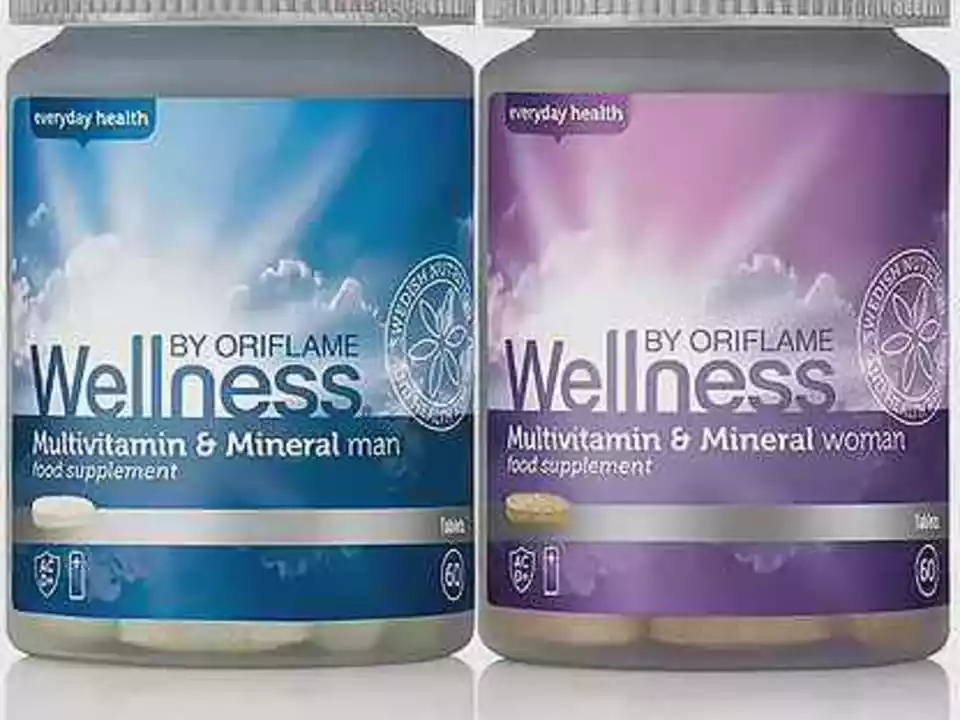Jojoba Oil: What It Is and Why People Use It
Jojoba comes from the seed of the Simmondsia chinensis plant. The oil is actually a liquid wax ester that looks and acts a lot like our skin’s natural oils (sebum). That’s why it’s popular for skin and hair — it moisturizes without feeling greasy or clogging pores for most people.
People use jojoba oil as a daily moisturizer, makeup remover, carrier oil for essential oils, scalp treatment, and even a beard oil. It’s gentle, stable (it doesn’t go rancid quickly), and works well on oily, dry, and combination skin.
How to Use Jojoba Oil
For face: put 2–3 drops in your palms, rub them together, and press gently onto damp skin after cleansing. Damp skin helps lock in moisture. Use it alone or mix a drop with your moisturizer. If you have oily skin, start with one drop to see how your skin reacts.
For hair and scalp: massage 1 teaspoon into the scalp and leave 20–30 minutes before shampooing to help dryness and flaking. For dry ends, rub a tiny amount (pea-sized) between your fingers and smooth the tips. You can also use it as an overnight mask — wrap your hair and wash out in the morning.
As a makeup remover: apply a few drops to a cotton pad and wipe away makeup, including mascara. It cleans without stripping the skin.
Mixing with essential oils: use jojoba as a carrier. Keep essential oils to 1–3% of the final blend (about 6–18 drops per ounce of carrier oil) to avoid irritation.
Safety, Storage, and Buying Tips
Do a patch test before using jojoba widely: place one drop on the inside of your wrist and wait 24 hours for a reaction. Allergic reactions are rare but possible. Don’t ingest jojoba oil — it’s meant for topical use only.
Choose cold-pressed, unrefined jojoba oil if you want the most natural product. Fractionated jojoba stays liquid at all temperatures and lasts longer; it’s fine for blends and everyday use. Store in a cool, dark place and expect about a 1–2 year shelf life depending on how it’s processed and packaged.
Look for clear labeling: botanical name (Simmondsia chinensis), extraction method (cold-pressed), and no added fragrances or fillers. If you have serious skin conditions (severe eczema, open wounds, or persistent scalp issues), check with your healthcare provider before trying new oils.
Simple tip: start small. Try jojoba for a week as a moisturizer or scalp treatment and note any changes. Many people see softer skin and less flaky scalp in just a few days. If it works for you, it’s an easy, low-maintenance addition to your routine.
Unlock the Power of Jojoba: The Ultimate Dietary Supplement for Health and Wellness
I just discovered the incredible power of Jojoba as a dietary supplement for health and wellness. This amazing plant extract is packed with essential nutrients and antioxidants that can help boost our overall health. Not only does it improve our skin and hair, but it also supports our immune system and aids in digestion. I've been taking Jojoba supplements for a few weeks now, and I can confidently say that I feel more energetic and healthier than ever before. If you're looking to make a positive change in your life, I highly recommend giving Jojoba a try!
About
Nutrition and Supplements
Latest Posts


Unlock the Power of Calcium D-Glucarate: The Ultimate Dietary Supplement for Health
By Marcel Kornblum Mar 17, 2025

Caffeine and Medication Safety: What You Need to Know About Dangerous Interactions
By Marcel Kornblum Jan 10, 2026

Top Online Pharmacy Alternatives in 2025 to CanadaDrugsDirect.com
By Marcel Kornblum Jan 6, 2025

